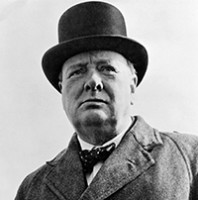
Covid 19 coronavirus: A question of war and peace
The world is at war. The enemy may be a tiny virus, but this string of ribonucleic acid has the effect of a large military force. Read more

Oliver is the Executive Director of The New Zealand Initiative. Before joining the Initiative, he was a Research Fellow at the Centre for Independent Studies in Sydney, the Chief Economist at the Policy Exchange in London, and an advisor in the UK House of Lords.
Oliver holds a master's degree in economics and business administration and a PhD in Law from Bochum University in Germany.
Oliver is available to comment on all of the Initiative’s research areas.
Phone: +64 4 499 0790

The world is at war. The enemy may be a tiny virus, but this string of ribonucleic acid has the effect of a large military force. Read more
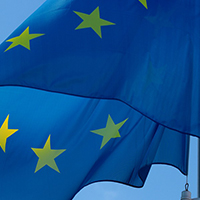
We all know those newspaper segments which feature a previously famous person. And then we read these articles wondering why we have not heard from them for such a long time, and sometimes we may even be surprised to hear that they are still alive. Read more

Yesterday, New Zealand’s biggest magazine publisher Bauer announced it would close its operations. Many well-established magazines including The Listener, North & South and Metro will disappear from the shelves forever. Read more

More than 2000 New Zealand businesses have annual revenues over $80 million. That is the baseline for "tailor-made" assistance that Finance Minister Grant Robertson has promised to provide to larger firms that are suffering from the coronavirus pandemic. Read more
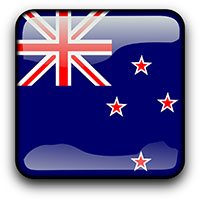
These are times like no other. Unless you are well over 80, you would not remember an existential and comprehensive crisis like this. Read more

Milton Friedman was wrong about the euro currency. Before its introduction, the godfather of monetarism predicted Europe’s monetary union would not survive its first recession. Read more
Oliver Hartwich talks to Heather du Plessis-Allan on Newstalk ZB about the Government's Covid-19 economic support package. He argues it is a good first step, but more work needs to be done. Read more
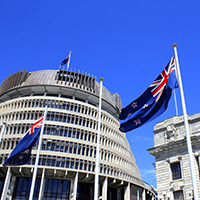
At our Initiative staff meetings over the past two months, Covid-19 already dominated our discussions. Startling as they are, we are not surprised by the events of the past days. Read more
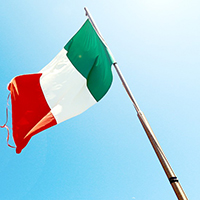
What happened in Italy this week could tempt us to feel smug. Surely, the decision to put the whole country into lockdown must be an exaggeration. Read more
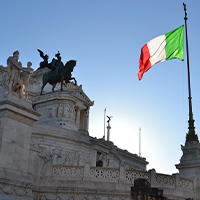
To start with a disclaimer, I am not a medical expert. I have no degree in epidemiology, nor can I claim any expertise in public health management. Read more

One wonders what French Enlightenment philosopher Voltaire would have made of the Free Speech Union (FSU). Set up by British journalist Toby Young, the FSU presents itself as a “non-partisan, mass-membership organisation that stands up for the speech rights of its members.” An organisation to promote free speech – what nobler cause could there be? Read more
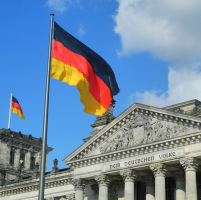
Nationalist parties hold more than 10 percent of the vote in 14 countries in Europe. The German state of Thuringia is currently embroiled in a political crisis after the centre-right Christian Democrats broke a long-held understanding to join forces with the right-wing Alternative for Germany Party. Read more

Every now and then, a new word pops up to encapsulate the mood of the time – and the best neologisms make you think “Gee, I should have thought of that.” ‘Westlessness’ is such a word. It was the motto of this year’s Munich Security Conference, the world’s largest conference on international security policy. Read more

Solving New Zealand’s housing crisis is hard. Writing good policy reports is too. Read more
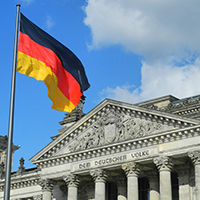
Last week, the Thuringian parliament in Erfurt elected Thomas Kemmerich state premier. This was not only remarkable because his liberal Free Democrats have only five members in a parliament of 90. Read more